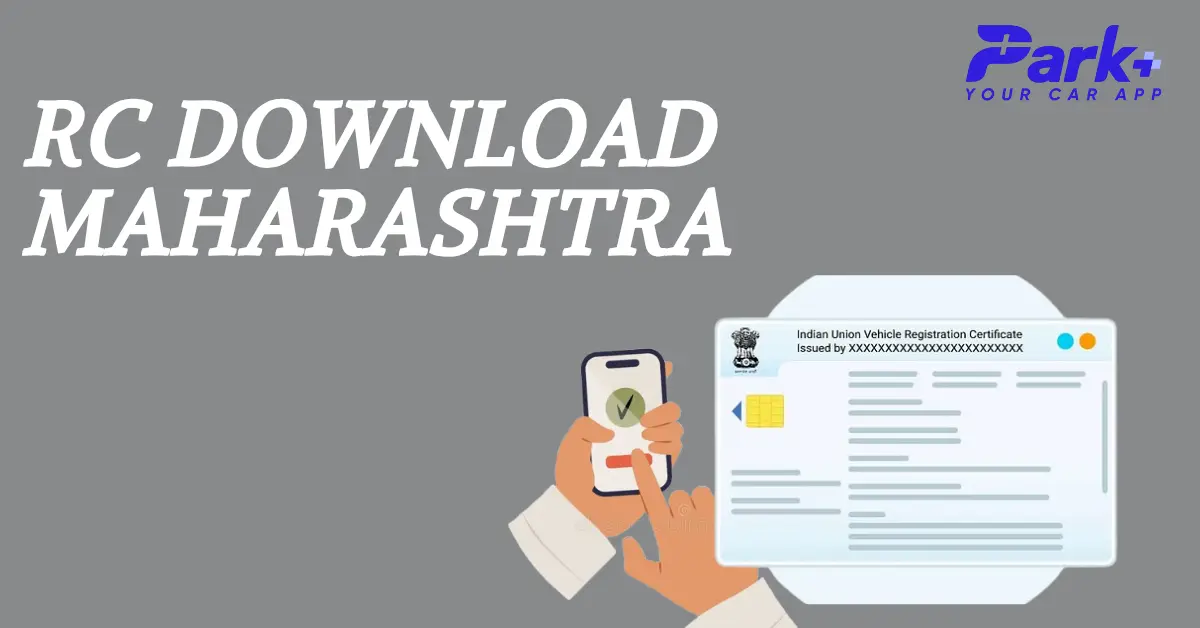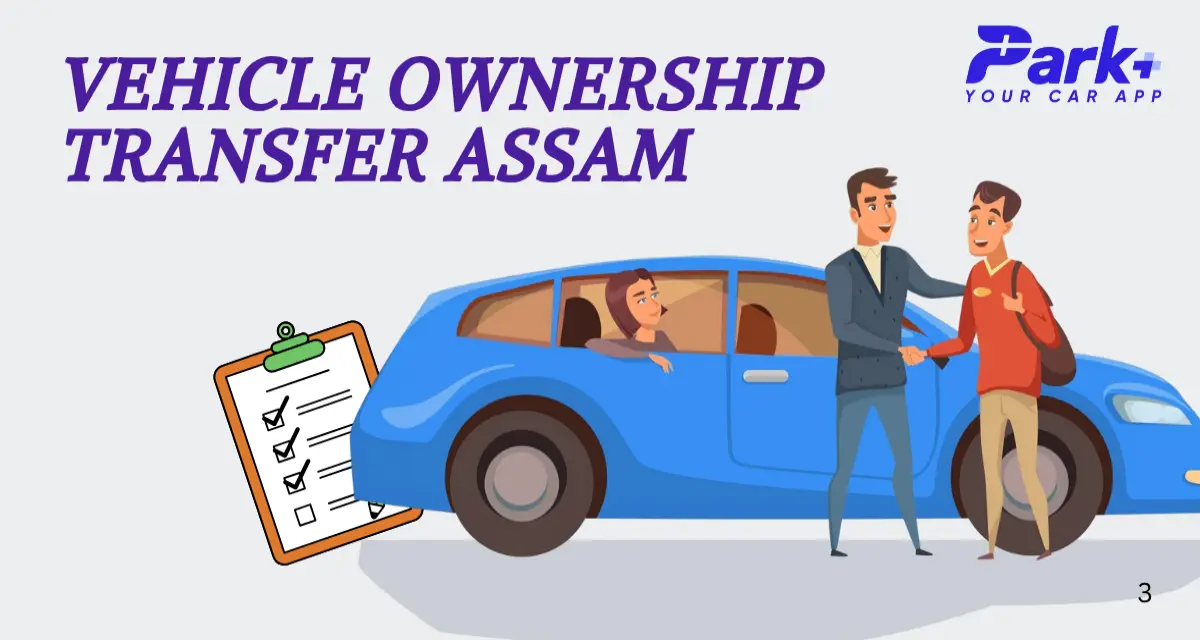RTO Office in Thiruvanmiyur
Check Vehicle Details
Find Nearest RTO Office
Find RTO Office by State
Check RTO details state wise

RTO Telangana

RTO Andhra Pradesh

RTO Arunachal Pradesh

RTO Karnataka

RTO Madhya Pradesh

RTO Nagaland

RTO Mizoram

RTO West Bengal

RTO Tripura

RTO Maharashtra

RTO Kerala

RTO Meghalaya

RTO Punjab

RTO Haryana

RTO Himachal Pradesh

RTO Odisha

RTO Manipur

RTO Tamil Nadu

RTO Uttar Pradesh

RTO Gujarat

RTO Goa

RTO Jammu & Kashmir

RTO Jharkhand

RTO Sikkim

RTO Chhattisgarh

RTO Delhi

RTO Uttarakhand

RTO Bihar
Thiruvanmiyur is a residential area located South of Chennai in Tamil Nadu. The area is the main gateway to ECR (the east coast road), and travellers across the city pass through this route regularly. The area has recently witnessed a spike in its economy due to its proximity to Chennai's first dedicated technological office space, which increased traffic in Thiruvanmiyur.
The Regional Transport Office (RTO) is the government agency that regulates and manages various aspects of transport and road safety in the area. The RTO provides services related to driving licenses, vehicle registrations, and permits to the people in South Chennai.
The RTO Thiruvanmiyur (TN-07) is located at No.39 East Coast Road, Thiruvalluvar Nagar, Thiruvanmiyur, Chennai.
Functions of Thiruvanmiyur RTO
The Regional Transport Office (RTO) Thiruvanmiyur offers a range of functions and services related to transport and road safety in the area. Here are some of the services provided by the RTO Thiruvanmiyur, along with a brief description:
Vehicle Registration: Thiruvanmiyur RTO is responsible for registering new private and commercial vehicles. This involves issuing registration certificates, number plates, and stickers and maintaining records of all registered vehicles.
Issuing Driving Licenses: RTO Thiruvanmiyur issues driving licenses to individuals after conducting driving tests and verifying documents. They also renew and update driving licenses as per requirements.
Issuing Permits: Thiruvanmiyur RTO issues permits for commercial vehicles, such as taxis, buses, and trucks, to operate within specific areas or routes.
Vehicular Pollution: Thiruvanmiyur RTO conducts periodic inspections of vehicles to ensure they are roadworthy and meet safety and pollution standards.
How to Register a Vehicle at Thiruvanmiyur RTO
Registering a vehicle at the Thiruvanmiyur RTO is necessary for anyone who owns a car in the area. The registration process involves two types, either temporary or permanent.
For permanent registration, please follow the below steps:
Visit the Thiruvanmiyur RTO to initiate the registration process.
Collect the Vehicle Registration Application form (Form 20) from the RTO office, or download it online from the official website.
Fill in the form with accurate and up-to-date information, including your details, vehicle details, and other relevant information.
You will need to provide certain documents to complete the registration process. These documents include the following:
Application Form 20
Initial certificate of compliance Form-22
Initial certificate of compliance with pollution in Form-22 A
Pan card or GIR or Form-60/61 of I.T. Department.
Insurance Certificate.
Address Proof
Life Time Tax for Non-Transport Vehicle.
Unladen Weight Certificate for Transport Vehicle.
Permit sanctioned proceedings for Transport Vehicle.
Temporary Registration Certificate, if any.
You will need to pay the registration fees at the time of registration. The fees will vary depending on the type and category of the vehicle.
After submitting the application form and necessary documents, the RTO will conduct a verification process and inspection of the vehicle to ensure it meets the required standards.
Once the registration process is complete, you can collect the Registration Certificate (RC) from the Thiruvanmiyur RTO office.
How to Renew Registration for a Vehicle at Thiruvanmiyur RTO
If you own a vehicle whose registration certificate has expired or is about to expire, you need to renew it. You must renew your vehicle's registration according to the Motor Vehicles Act 1988, and failure to renew it on time can result in penalties.
As the owner of a non-transport vehicle, such as a personal car or a motorbike with a "White Board" number plate, you should apply for a new Registration Certificate (Fitness Certificate, or FC) after 15 years from the date of the first registration.
If your registration is about to expire, you should renew it at least 60 days before it runs out after paying the green tax.
The registration for your non-transport vehicle will be valid for 15 years.
You need to replace your non-transport vehicle every five years after completing 15 years.
The documents required are:
An application must be made on Form-25.
Registration Certificate.
Insurance Certificate.
Valid Emission Certificate.
Valid Tax Details.
How to Transfer Vehicle Ownership at Thiruvanmiyur RTO
If you want to sell, transfer, or change the ownership of your vehicle, you can do so by transferring ownership with the Regional Transport Authority (RTA) or State Transport Authority (STA), depending on your vehicle type.
Except for vehicles used for contract carriage (like the Omni Bus) or those requiring an interstate permit, all other types of vehicles can change owners with RTA. You need to apply with the RTO, and the buyer or recipient of the vehicle must agree to it.
In case of the owner's death, a legal heirship certificate and a letter of consent from the other legal heirs are required to change the ownership.
It is important to inform the registering authority (RTO/MVI) about any change in ownership of your vehicle. If the ownership is not transferred, you will be held responsible for any legal problems that may arise.
The documents required are
Form-29 Notice of Transfer (in Duplicate).
If it's hypothecation (HP), you must complete Form 30 twice.
PAN, GIR, or IT Department Form-60/61 (other than two-wheelers).
Registration Certificate.
Insurance Certificate.
Valid Emission Certificate.
Address proof.
The financier has to sign a "no objection" certificate if the car was bought with Hire Purchase.
Valid tax paid.
How to Check Thiruvanmiyur RTO Information on Park+
If you wish to check any information on Thiruvanmiyur RTO and registration-related vehicle information, you can use the Park+ app. Here are the steps involved:
- Download the Park+ app.
- Open the app and click on 'Login'.
- Enter your mobile number and click on 'Send OTP'.
- Enter the 'OTP' and click on 'Verify OTP'.
- Navigate to 'Services', and click the 'View all' option.
To check your vehicle information from this screen, follow the below steps:
- Enter your 'Vehicle Number' at the top of the page.
Click on 'Search' to check Vehicle Information.
To find your nearest RTO from the Services screen, follow these steps:
- To find your nearest RTO, go back to the all services screen.
- Scroll down to the 'Find near you' section.
- Click on 'RTO Centre'.
How to Register Vehicle Offline & Online in Thiruvanmiyur Rto Information
The registration of vehicles is crucial to confirm the legality of driving and add legitimacy to the whole operation on the road. Here is a step-by-step procedure for vehicle registration online and offline:
Visit the nearest Regional Transport Office
Visit the nearest Regional Transport Office (RTO) or a designated vehicle registration centre
Collect application form
Collect the required application form for vehicle registration
Fill out all necessary information
Fill out the application form accurately with all necessary information, such as vehicle number, model, owner's details, etc
Attach documents
Attach the supporting documents, such as proof of identity, proof of address, vehicle invoice, insurance certificate, pollution under control (PUC) certificate, and chassis and engine number
Submit application to the designated authority
Submit the completed application form with supporting documents to the designated authority
Pay application fees
Pay the applicable registration fees and taxes at the designated counter
Authority will issue a RC
Upon verification of the documents and payment, the authority will issue a registration number and a registration certificate (RC) for your vehicle
Put registration number plate
Use the registration number plate on your vehicle as per the regulations given by the authority
Visit the Online Website
Visit the official website of the Ministry of Road Transport and Highways (MoRTH) or the respective state transport department's website.
Go to Online Vehicle Registration Section
Find and go to the Vehicle Ownership Section
Register/Log in
Register for an account or log in with your existing credentials.
Fill out the online application form
Fill out the online application form for vehicle registration with accurate details.
Upload scanned copies
Upload the scanned copies of the required documents, including proof of identity, proof of address, vehicle invoice, insurance certificate, PUC certificate, and chassis and engine number.
Pay Applicable Fees
Pay the applicable registration fees and taxes at the designated counter.
Submit application and documents
Make the online payment for registration fees and taxes using the available payment options.
Authority will issue a RC
After verification of the submitted documents and payment, the authority will issue a registration number and a digital registration certificate (RC) for your vehicle
Get digital RC
Download and print the digital RC from the online portal
Put registration number plate
Use the registration number plate on your vehicle as per the regulations specified by the authority
Why should you Prefer Park+ to Check RTO Details?






How to Transfer Vehicle Ownership Online and Offline in Thiruvanmiyur Rto Information
Transferring vehicle ownership is a crucial process that involves legally transferring the rights and responsibilities of owning a vehicle from one individual or entity to another. Here is a step-by-step procedure for transferring vehicle ownership online and offline:
Visit the nearest Regional Transport Office
Visit the nearest Regional Transport Office (RTO) or designated vehicle registration centre to get the vehicle ownership transfer application
Fill all necessary details
Fill out the application form with all necessary details, including the seller's and buyer's information, vehicle details, and transferor's consent
Sign the application
Both the seller (transferor) and the buyer (transferee) must sign the application form along with two witnesses
Attach the supporting documents
1. Attach the supporting documents required for ownership transfer, such as: 1. Original registration certificate (RC) of the vehicle. 2. Proof of identity and address of both the seller and the buyer. 3. Sale agreement or deed of transfer (if applicable). 4. No Objection Certificate (NOC) from the financier (if the vehicle is under a loan). 5. Valid insurance certificate. 6. Pollution under control (PUC) certificate.
Submit application to the designated authority
Submit the completed application form with supporting documents to the designated authority at the RTO or vehicle registration centre.
Transfer fee and road tax
Pay the applicable transfer fee and road tax (if any) at the designated counter
Authority will issue a new RC
After verifying the documents and payment, the authority will update the ownership details in the vehicle's registration certificate (RC) and issue a new RC in the buyer's name
Receive updated RC
The buyer will receive the updated RC, and the seller will retain a copy of the sale agreement or deed of transfer for their records
Visit the Official Website
Visit the official website of the Ministry of Road Transport and Highways (MoRTH) or the respective state transport department's
Got to Vehicle Ownership Transfer
Open the online vehicle ownership transfer portal
Register/Log in
Register for an account or log in with your existing credentials.
Fill Out the Online Application Form
Fill out the online application form for vehicle ownership transfer with accurate details, including seller's and buyer's information, vehicle details, and transferor's consent.
Upload Scanned Copies
1. Original registration certificate (RC) of the vehicle. 2. Proof of identity and address of both the seller and the buyer. 3. Sale agreement or deed of transfer (if applicable). 4. No Objection Certificate (NOC) from the financier (if the vehicle is under a loan). 5. Valid insurance certificate. 6. Pollution under control (PUC) certificate.
Transfer Fee and Road Tax
Make the online payment for the transfer fee and road tax (if any) using the available payment options.
Submit Application & Documents
Once the payment is processed, submit the application form and documents through the online portal.
Receive Updated RC
After verification of the submitted documents and payment, the authority will update the ownership details in the vehicle's registration certificate (RC) electronically.
Authority will issue a new RC
After verification of the submitted documents and payment, the authority will update the ownership details in the vehicle's registration certificate (RC) electronically
Receive confirmation
Both the seller and the buyer will receive a confirmation of the ownership transfer through the online portal
Get Digital RC
The buyer can download and print the updated RC from the online portal for their records
Common fees structure
Driving License
| Documents | Prices |
|---|---|
| Application Fee | ₹200 to ₹500 (varies by state) |
| Learner's License Test Fee | ₹30 to ₹150 (varies by state) |
| Driving Test Fee | ₹50 to ₹300 (varies by state) |
| Renewal Fee: | ₹200 to ₹500 (varies by state) |
| Duplicate DL Fee | ₹200 to ₹400 (varies by state) |
Vehicle Registration Certificate (RC):
| Documents | Prices |
|---|---|
| Registration Fee | ₹600 to ₹1,500 (varies by state) |
| Smart Card Fee | ₹200 to ₹500 (varies by state) |
| Hypothecation/Endorsement Fee | ₹100 to ₹300 (varies by state) |
| Transfer of Ownership Fee | ₹300 to ₹1,000 (varies by state) |
| Duplicate RC Fee | ₹200 to ₹400 (varies by state) |
Fitness Certificate:
| Documents | Prices |
|---|---|
| Fitness Test Fee | ₹200 to ₹600 (varies by vehicle type) |
| Fitness Certificate Fee | ₹300 to ₹800 (varies by vehicle type) |
Permit Fees:
| Documents | Prices |
|---|---|
| Temporary Permit | ₹50 to ₹200 (varies by state) |
| National Permit | ₹500 to ₹2,000 (varies by state and vehicle type) |
| State Permit | ₹200 to ₹800 (varies by state and vehicle type) |
Road Tax:
| Documents | Prices |
|---|---|
| Entry Tax | ₹200 to ₹1,000 (varies by state and vehicle type) |
| Road Tax | 4% to 15% of the vehicle's ex-showroom price (varies by state and vehicle type) |
| Green Tax | ₹500 to ₹2,000 (varies by state and vehicle type) |
Explore



What Services does RTO Provide?
The Regional Transport Office (RTO) provides a range of services related to vehicle registration, driver licensing, and enforcement of transportation laws. Some of the key services offered by RTOs include:
1
RTO facilitate the registration of new vehicles and the renewal of registration for existing vehicles.
2
Provide driver's licenses and other permits needed to drive various types of vehicles.
3
Vehicle Fitness Certification to assess vehicle roadworthiness and safety standards, issuing fitness certificates accordingly.
4
Issuance of Permits for commercial vehicles such as taxis, buses, trucks, and auto-rickshaws, allowing them to operate legally.
5
Collect Road Taxes and other fees related to vehicle registration and licensing.
6
Enforcement of Traffic Rules, such as monitoring vehicle emissions and conducting vehicle inspections.
7
RTOs maintain databases of registered vehicles, drivers, and other relevant information to ensure transparency and accountability in transportation management.


